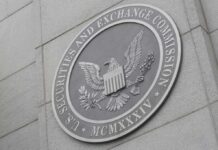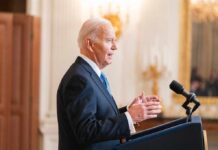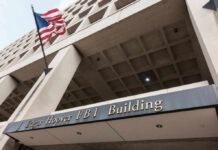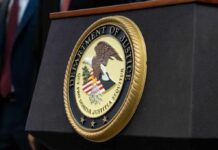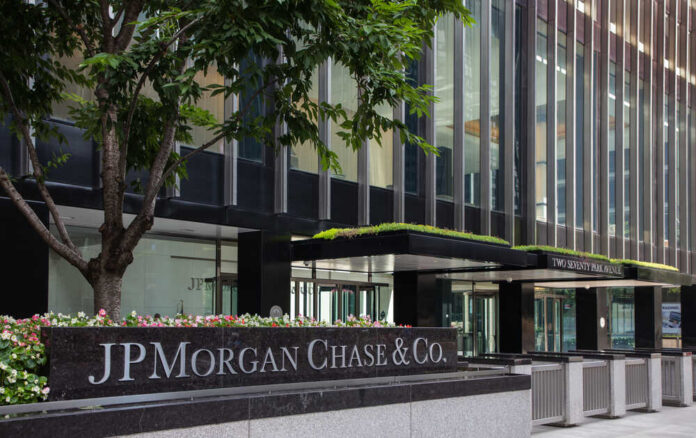
Former Sen. Sam Brownback (R-KS), the National Committee for Religious Freedom (NCRF) chair, has recounted a disturbing experience with JPMorgan Chase. According to Brownback, the financial giant abruptly severed ties with NCRF last year, contradicting the bank’s denial of debanking conservative and religious clients.
Acting through its consumer and commercial subsidiary Chase Bank, JPMorgan Chase has been criticized for discontinuing its association with NCRF, a nonpartisan, faith-based nonprofit. The organization focuses on safeguarding religious freedom for all Americans. Surprisingly, three weeks into their relationship, Chase asked NCRF for a list of major donors and their candidate support criteria before inexplicably closing the NCRF’s bank account.
JPMorgan Chase Denies They Debanked Religious Groups. Head Of Impacted Nonprofit Responds. https://t.co/OyB0UNID0J pic.twitter.com/qhJSOgPdvk
— Daily Wire News (@DailyWireNews) May 11, 2023
David Bahnsen, founder and chief investment officer of The Bahnsen Group, has taken action against this apparent discrimination. He filed a resolution to be presented at the JPMorgan Chase annual shareholder meeting, demanding the company evaluate its risk oversight regarding client discrimination based on religious or political views. However, JPMorgan Chase’s board directors have urged shareholders to vote against this proposal, declaring the allegations untrue and stating that they do not debank clients over political or religious affiliations.
Nevertheless, Brownback, a former senator and governor for Kansas and the United States ambassador-at-large for international religious freedom, begs to differ. His statement to the Securities and Exchange Commission counters the bank’s claims. He stated, “Politicizing financial services is contrary to those purposes and discourages Americans from exercising their rights to free speech and religious exercise.”
In an absurd turn of events, five months after the unexpected account closure, Chase defended its actions, citing a need to adhere to federal banking guidelines to prevent money laundering and terrorism. Brownback dismissed this explanation as “preposterous,” asserting that regulators do not demand such screenings.
This incident has caused unrest among other conservative entities as well. Jeremy Tedesco, senior vice president of corporate engagement at the Alliance Defending Freedom, insists that Chase needs to rebuild trust with its shareholders and clients. Moreover, 19 Republican attorneys general led by Daniel Cameron of Kentucky have warned Chase against discriminating against customers due to their religious or political affiliations. Their letter to Chase CEO Jamie Dimon highlights numerous instances where Chase’s actions contradict its public statements of inclusivity and openness.
One such example is the credit card processor owned by Chase, which terminated an account belonging to Family Council, a conservative organization. In addition, another firm under Chase’s control refused to serve the Defense of Liberty political action committee. These instances and Chase’s refusal to participate in the Viewpoint Diversity Score Business Index survey, which measures corporate respect for religious and ideological diversity, raise serious questions about the company’s commitment to inclusivity.
As these allegations pile up, JPMorgan Chase continues to deny any form of discrimination. But as more stories like Brownback’s come to light, the bank may find it increasingly challenging to convince its clients and shareholders that its actions align with its professed values. As the Republican attorneys general rightly stated, “No individual or organization should have to worry that religious or political beliefs will limit access to financial services or undermine financial stability.”


